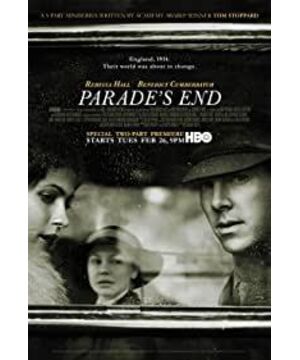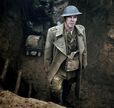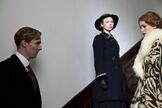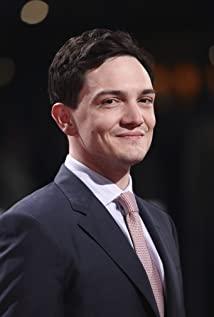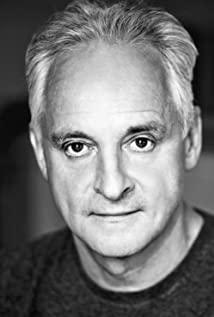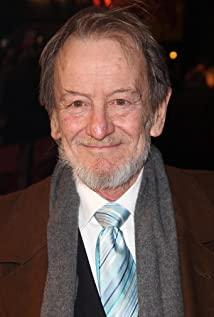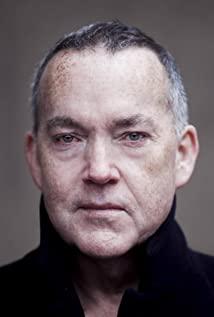I didn't realize until the end of the episode that Sylvia was played by the same person as the vicky in Barcelona at midnight and the European woman in Nixon. This actress called rebecca hall can be so different in front of the camera where she portrays different roles changeable. Salute to the actor, then come back and get down to business.
Sylvia's choice to marry Christopher is the beginning of the show because she is pregnant and doesn't know who the child is. Before the wedding, S, who was pregnant with a child, was still having sex with another lover. On the wedding day, she nonchalantly teased her mother that the pearl mirror in her hand was given by her lover the night before. c insists on marrying her because of the sex they first met on the train. Before the wedding, C's brother said that he was out of place and a fool, but he was willing to be a fool, and out of time was always the most appropriate way to describe his love with S. In English, it was so simple that only the word wrong was needed to express it. After marriage, they became a pair of contradictory bodies that tortured each other. S did everything that went against C's morality, and C's morality forced him to tolerate and forgive S everywhere. The marriage of c and s is doomed to collapse, and c and valentine, a feminist who appeared later, are doomed to be together. This result is the end of the queue. I found the explanation of the word "parade" in the play. There are three levels. One is the order that c has always adhered to at the beginning, which often exists in traditional British couples who have no true love but respect each other. The second is the soldiers in World War I The third is the march of women's regimeists. For Britain, World War I was like a bridge from one era to another. After the war, the struggle and suffering, by chance, C made a choice, and he finally crossed the bridge to the other side and held V's hand.
what about s? She doesn't belong to either side.
"There's something sparkling about her", this is what c said to s on the wedding day, when he said this sentence, the sex on the train flashed in his mind, and this is also what he said to s in the whole play The only sentence of evaluation, this evaluation is right because it comes from the naked heart of c, without moral consideration, s, has always been the most dazzling. From the character setting: S's father died early, so she is fatherless, obviously she was not born out of the old aristocracy; her priest was hanged, so that her religious belief did not come from the bottom of her heart; She has no love for her son, which shows that she has no hope of new power. She does not participate in the feminist movement, she is suspected of being virtuous because of her lover, and she believes in absolute freedom and eternal change. She regarded the peaceful marriage life as a prison, so she eloped with her lover for a few days; when she was tired of hanging out with her lover, she asked to return to her husband; after her husband changed his mind, she prayed to get him back; She stayed in her boudoir alone for five years, but had an affair with another man shortly before her husband came back; she speculated on her husband's behavior many times out of jealousy, and finally cut down the tree of Grubby herself and cut off all her husband's attachments; With sad tears, she blessed her husband and those he loved, and asked the general if he would marry her soon after. Among the layers of turbulence caused by her actions, S is the most unrestrained, and she is the most painful. There is always no shortage of men around s. Some of them yearn for her body, and some despise her indiscretion. In essence, the former is no different from the latter, but no one can understand her.
After smelling the repressed breath before the war broke out, she stood on the edge of the cliff, looked up at the osprey hovering in the sky and muttered, "I wish I could become it." It was the freedom in her heart that ultimately limited her and destroyed her. took her. S didn't choose to go from one era to another through the bridge of World War I, she contracted cancer and ended with the war.
"I'm sitting on the bank
fishing , with a dry moor behind me,
have I at least tidy up my garden?
London Bridge crumbles crumbles crumbles
so he hides himself in the fires of purgatory
When can I be like a swallow-- Oh Swallow, Swallow"
- Elliott. "The Waste Land"
Actually, it is not so much that S wants freedom, it is better to say that she doesn't know what she wants.
View more about Parade's End reviews


